Doug McIlroy (who was head of the Computing Techniques Research Department at Bell Labs) said:
"This is the Unix philosophy: Write programs that do one thing and do it well."
Development on the Unix operating system started in 1969 at Bell Labs. In an era when operating systems consisted of "one monolithic kernel with lots and lots of functionality built in", Unix was designed around the ideas of modularity and simplicity. This design has led Unix to have tremendous staying power: it would come to play a central role in the development of Linux and macOS. Its impact has been remarkable.
Today, we live in a world of Superapps and all-in-one solutions. Much of the software we use on a daily basis is filled with features that most of us don't use or need. It’s the norm that tools are difficult to learn and still cumbersome to use even once you're familiar with them. The proliferation of features slows you down by getting in the way, and tends to go hand-in-hand with literal slow-downs and lag. Even experiences with leading, state-of-the-art software are too often frustrating and overwhelming.
Somewhere along the line, we lost the lesson of the Unix Philosophy. The idea that software works better when it’s simple - when it has a single, well-defined purpose and does a great job at it. Today, it's difficult to identify any examples of modern software that match this description.
That's what we aim to do at Stashpad. In the spirit of the Unix Philosophy, we're building software tools for work that embrace minimalism. Each of our tools has one job, and we are working hard on making sure it does that job exceptionally well. An important part of this is stripping away all the excess that just gets in the way, so that only what's essential is included.
So far, we have tools for Lists and Docs. In the future, rather than undermining these tools with clutter and complexity, we’ll consider building other new tools that have their own reason for being.
But first, we'll make sure our existing tools are as good as they can be before we embark on something new. This involves going deep on optimizing performance, so that you always get a delightfully snappy experience. It also means making sure our tools do have the non-negotiables so that they fully deliver on their intended purpose, which requires careful weighing of tradeoffs.
Simple, beautiful, and fast – these are the things you should expect from a Stashpad product.
Minimalism. No learning curve, no superfluous elements, excellent at what it does. This is what our favorite kind of tool is like. We'd love for more tools like this to exist!
We're setting out to demonstrate that minimalism can be attained in modern software.


